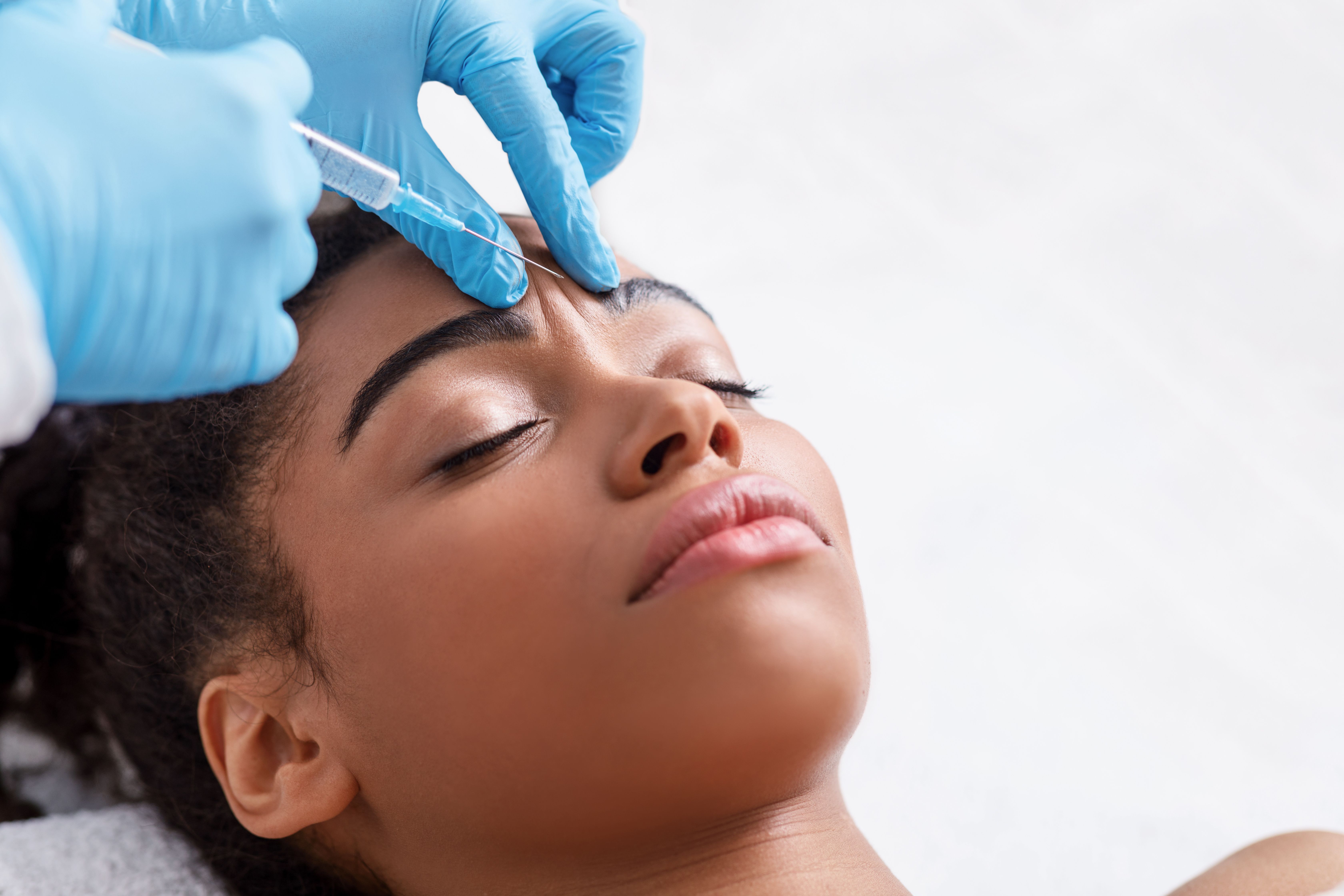- General Dermatology
- Eczema
- Chronic Hand Eczema
- Alopecia
- Aesthetics
- Vitiligo
- COVID-19
- Actinic Keratosis
- Precision Medicine and Biologics
- Rare Disease
- Wound Care
- Rosacea
- Psoriasis
- Psoriatic Arthritis
- Atopic Dermatitis
- Melasma
- NP and PA
- Skin Cancer
- Hidradenitis Suppurativa
- Drug Watch
- Pigmentary Disorders
- Acne
- Pediatric Dermatology
- Practice Management
- Prurigo Nodularis
Article
Physician's most important service may be lending patients an eager ear
One of the most difficult lessons that I have had to learn since entering private practice four years ago is that patients want to have their say. In fact, sometimes this is the main reason for the office visit. If we do not understand the full motivation of the person seeking our care, we may fail that patient in a very profound way.

Key Points
One of the most difficult lessons that I have had to learn since entering private practice four years ago is that patients want to have their say. In fact, sometimes this is the main reason for the office visit. I once saw a woman whose only purpose for scheduling an appointment was to personally chastise me for failing to make a condolence phone call to her after the death of her mother. She had no skin problems to discuss.
If we do not understand the full motivation of the person seeking our care, we may fail that patient in a very profound way. On the other hand, if we allow the patient to guide the office visit in the direction that he or she wishes (to an extent), we are fulfilling our roles as caregivers in the truest sense of the word, independent of our dermatological expertise (this does not include the patient who disparages other physicians, which I have always found to be distasteful).
Wake-up call

Since I was not fully roused from my slumber and did not yet possess my full faculties, I wordlessly listened to the daughter complain about how unreasonable her mother was and how this would ruin an upcoming summer vacation.
My usual impatient approach is to try to interrupt the person halfway through his or her monologue and direct the conversation to where I want it to go. In my semi-sleep-deprived state, however, I just could not muster the psychic energy to do this. After the woman spoke uninterruptedly for five minutes, she finished by thanking me profusely for allowing her to "let off steam," and expressed her sincere appreciation for how helpful I had been.
This episode led me to think about many recent office encounters in which I knew exactly what the diagnosis was after a few milliseconds, but I felt I had to "endure" the detailed recitation of the history of the already diagnosed problem before proceeding to therapy and to the next patient. Ladies and gentlemen, that is not a good attitude.
Eyes and ears needed
There is an age-old adage that states that dermatology could be practiced well by a deaf dermatologist, but not by a blind one. I now strongly disagree with this notion.
As we all know, the actual care of the skin is usually fairly easy, but attention to the needs of the whole patient is a tremendous challenge. We should not be in practice just to remove skin cancers or improve the signs and symptoms of an eruption.
Every patient should leave the office feeling good about the encounter, whatever that means to the individual. If a few extra minutes of seemingly irrelevant conversation result in the patient being a little more satisfied, it is worth it. If a child needs extra time to decide whether he wants the painful but effective wart therapy or the painless and not-so-effective regimen, we should afford him that time.
I cringe when I think of situations in which I have stormed out of the exam room in frustration when a frightened child refuses to think clearly, like an adult. From this point forward, I resolve to give children all the time they need to make what is a pretty important decision for them without letting inappropriate body language from me indicate forcefully that the time for ruminating is over.
Practice makes perfect
In my former life in academic medicine, a high premium was placed on arriving at the "correct answer" about diagnosis and management. However, in many instances, one might look at the patient as a "teaching case" or as a potential subject in a clinical trial, rather than as a person with his own unique agenda. It is entirely different in a practice setting.
In a practice setting, our sole goal is to make the patient feel better, however one might define this. This almost always includes treating troublesome skin problems, but it also may involve addressing other unmet needs, which may include allowing the patient to tell his story unimpeded by impatient finger-tapping on our part. It may also include emotionally supporting distraught people with personal or family problems, and, yes, even holding our tongues when seemingly bizarre self-therapies are touted as somehow magical.
I know that I have a ways to go before I can get to the place I have just described. That doesn't mean that you and I can't work at improving ourselves in this regard. It may be good for us as dermatologists, and it will absolutely be beneficial to our patients.
Norman Levine, M.D., is a private practitioner in Tucson, Ariz.






